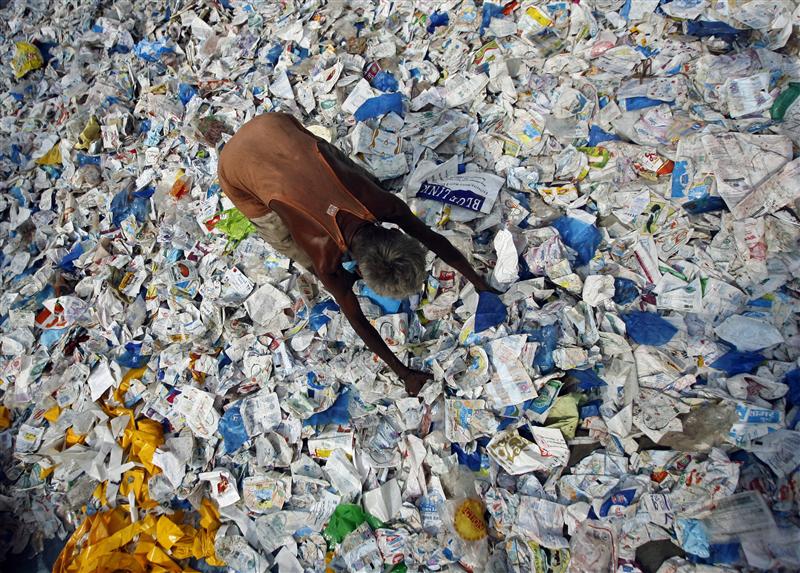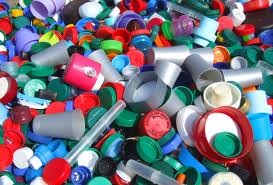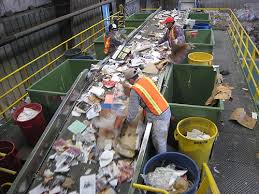 Is the convenience offered by a bottle of water worth the wasted plastic that may head straight to the trash? Nine colleges so far say no.
Is the convenience offered by a bottle of water worth the wasted plastic that may head straight to the trash? Nine colleges so far say no.
Across the country, most recently in Minnesota, college campuses have imposed bans on the sale of bottled water because of its redundancy when the availability of tap water is considered.
Students at the early adopting schools have mixed emotions; some agree with the cause to save plastic — and space in landfills — while others feel that their right of choice is violated by the act, according to a CBS Minnesota article.
The elimination of the sale of bottled water has not left students at these schools high and dry. “Hydration stations” have been put in place that offer a separate spigot designed for easy refills of a reusable water bottle or container, as well as a traditional water fountain.
The ban also does not prohibit students from carrying bottled water; they just don’t have the option to buy it at school.
While local colleges have a variety of green efforts under way, none of them have taken the leap into the ban on the bottle.
KSU Geauga
Thomas Hoiles of Kent State University’s Geauga campus says that as far as he knows, nothing like a ban has been discussed.
He said that if the school were to put a ban on plastic bottles in general, it would be difficult for students because they do not have a cafeteria that provides other options and many may rely on the vending machines that sell plastic bottles.
While a ban may be unrealistic, Hoiles said that much of the student body is aware of environmental concerns and that he sees students carry their own reusable bottles regularly, and that for the most part, disposable bottles are recycled.
Despite a continued reliance on bottled water, the school has made strides toward sustainability in other aspects.
The environmental group on campus, the Gaia Society, helped put a focus on paper recycling over the past year and continuously works to integrate that behavior into the campus culture, faculty adviser Sue Clement said.
In addition to recycling, the faculty is encouraged to cease use of paper entirely.
“We’re really conscious about not throwing paper away,” Hoiles said. “We’re asking our faculty to be much more conscious about actual paper assignments — we want the faculty to move away from having students turn in assignments on paper.”
Clement said the topic of wasted plastic is something she is passionate about, and that a ban should be considered in the future.
“If we actually look at the plastic that’s being used, it’s an insane number,” Clement said of bottled water.
Faculty members at both the Geauga and Kent campuses will collaborate in the near future to further investigate sustainability efforts, Clement said.
Lakeland Community College
Kent Geauga does not stand alone in its efforts to the sustainability ball rolling. Lakeland Community College also has worked toward a greener lifestyle, so much that it has been recognized and awarded for it, said Mike Mayher, treasurer and senior vice president of administrative services for the campus.
The school’s efforts toward lowered water use have been successful, and have decreased the building’s water use by 20 percent over three years, he said.
“We’re not only saving on water consumption and helping the environment, but that also generates into cross savings,” Mayher said. “We don’t have to utilize that water and we don’t have to pay on that, so it’s really helped us a lot.”
The school was able to decrease its consumption after the installation of low-flow toilets and urinals, as well as a change in the way that the buildings are cooled, he said.
Again, a ban on the bottle has not been discussed at the school, but he addition of hydration stations has, and Mayher said he thinks they will investigate a ban in the future.
The Green Group on Lakeland’s campus hasn’t looked into a bottle ban, but faculty adviser Lisa Lewins said they have discussed working with the administration to offer student incentives for the use of reusable containers.
“We could work with the staff to ask for student discounts if they bring a refillable coffee mug instead of using the throwaway coffee cup, and same thing with the water bottle, so maybe instead of paying for a brand new bottle of water, maybe they could get some sort of discount or some incentive to use a refillable container,” Lewins said.
Lake Erie College
Michael T. Victor, president of Lake Erie College in Painesville, said a ban is something that he would consider for the future, but that he’s not sure how the students would react.
“I think it’s a wise idea,” he said. “I think it would cut down on trash and I really don’t see why people need bottled water, frankly. Tap water is just as good.”
The administration buildings currently offer water coolers for faculty use and students have the ability to recycle their plastic containers throughout the school. Victor said he would consider the addition of water coolers for student use if it would cut down on litter.
“I’m a huge proponent of no littering and helping the environment,” he said.
The school has made other efforts that include new, green construction, a wind generator project and projects through the equestrian center.
Lakeland student Ayana Gardner said she is on the fence about whether the benefits of a ban on bottled water would outweigh the drawbacks.
“There’s great advantages of having the convenience of bottled water,” she said, noting that they are more readily available on campus than water fountains.
“I have walked around campus with a jug of water. I don’t know how others feel about it but I just feel like I’m carrying something that’s — it’s just annoying. It’s really annoying,” Gardner said. “Drop it off in the recycle bin and it’s done.”
As the student government president, she has actively worked with college administration on other green initiatives, such as efforts to boost recycling on campus.
“I think that the school should do what’s most effective or what’s most efficient for our environment,” Gardner said. “If banning bottled waters would reduce waste then I would be totally for it, and I think that’s what the school should do, but if it’s just another gimmick, just something to do, then they shouldn’t partake in it.”
Source : news-herald.com








